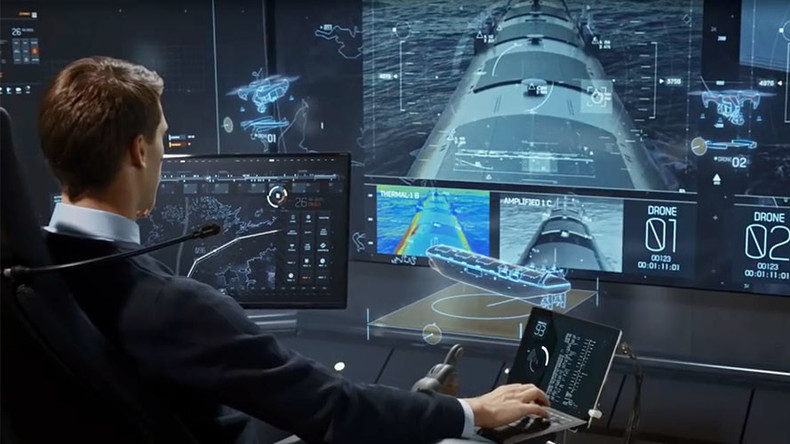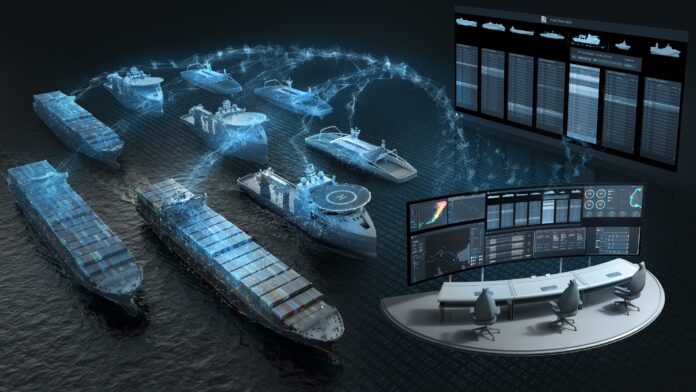Rolls Royce has been awarded funding by the UK Ministry of Defence (MOD) to develop further and demonstrate the Artificial Chief Engineer technology – an autonomous machinery control system that allows Naval vessels to undertake long-endurance missions with less human interaction, the company announced.
Developed by Rolls Royce, Artificial Chief Engineer is a critical enabler for autonomous missions by acting as the equivalent of the engineering department responsible for the health and the operation of an unmanned vessel’s machinery. Navies intend to increase their use of optionally-manned and unmanned vessels to project power further for less cost by reducing reliance on manpower, allowing higher-risk or longer-endurance missions, and lowering procurement and operating costs of future platforms.
The funding to continue the development has been awarded under the UK MOD’s Defence and Security Accelerator Intelligent Ship Phase Two program, which is used to de-risk and evaluates technologies and approaches to enhance the armed forces’ technical advantage.
Rolls Royce and AI
Rapid growth in automation, autonomy, machine learning, and artificial intelligence (AI) has prompted the need to investigate how human-machine teaming can effectively occur. This 16-month program investigates how effective human-AI collaboration can be best exploited to improve decision-making and planning within complex operating environments.
Ben Thorp, Programme Executive for Naval Electrical, Automation and Controls, Rolls-Royce Defence, said:
“This is excellent news for our Artificial Chief Engineer capability, which we launched at DSEI in 2019. Our involvement in this funding program certainly strengthens our position with the UK MOD for Unmanned Surface Vessel enablers. This funding will also increase the technical maturity of Artificial Chief Engineer for further applications across the breadth of the marine market, both Naval and Commercial, where we see increasing levels of demand for this type of technology.”
Artificial Chief Engineer is an on-board, secure, decision-making control system designed to operate the machinery of lean-manned and unmanned naval vessels intelligently. The technology makes condition-based decisions about how best to operate the machinery, including the engines, propulsion system, electrical network, and fuel system, using algorithms to optimize the Ship for maximum efficiency, lowest noise, top speed, or preserving damaged equipment as required by the Ship’s mission. This reduces the workload of remote operators and allows increased mission and system complexity in future unmanned ship designs.
Intelligent Ship is a Defence Science and Technology Laboratory (Dstl) project to develop novel and innovative technologies and concepts to facilitate intelligent systems within future platforms, with potential utilization across the defense. The aim is to de-risk and evaluate technologies and approaches to enable future revolutionary platform, fleet, and cross-domain concepts to enhance UK military advantage.
Wrapping around the Artificial Chief Engineer project will be Rolls Royce’s Aletheia FrameworkTM. This is a ground-breaking standard it has developed to ensure that all ethical considerations have been thoroughly assessed before artificial intelligence is used. Once an AI is deployed, its decisions are trustworthy. The Aletheia Framework is part of a campaign led by Rolls-Royce to improve public trust in artificial intelligence so that its full potential can be realized for good across the world.




